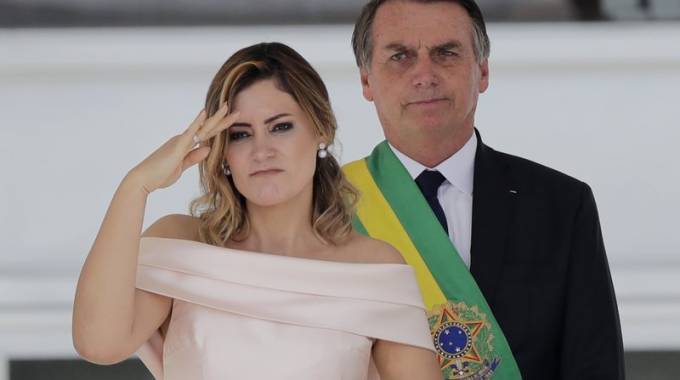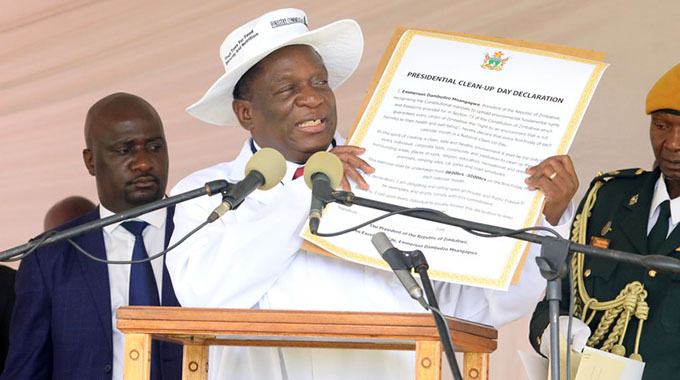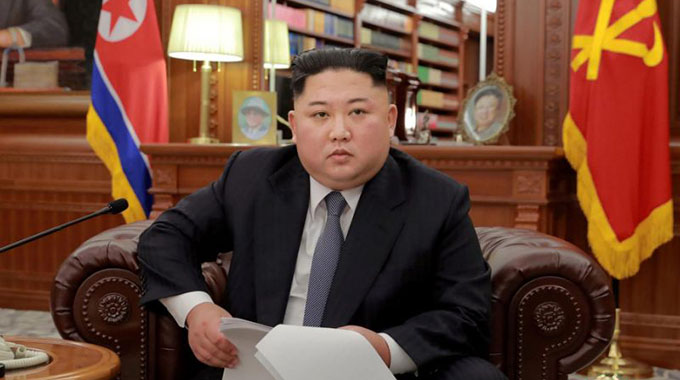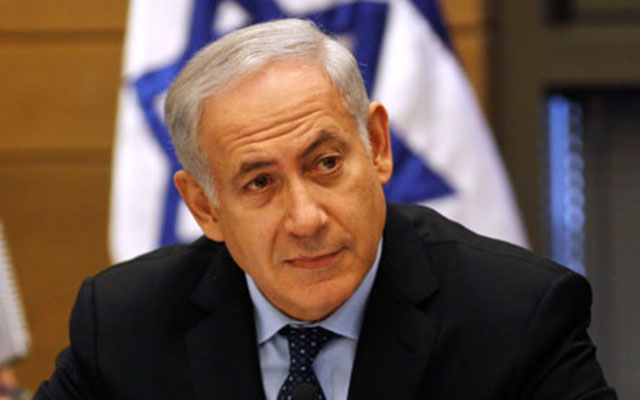Brazil’s Bolsonaro takes oath of office

BRASILIA. – Jair Bolsonaro, a former army captain who has promised radical measures to cut soaring crime and widespread corruption, was sworn in as Brazil’s president Tuesday, marking the nation’s starkest shift to the right since its return to democracy three decades ago.
Bolsonaro, 63, became the world’s latest politician to reach the presidency by riding a populist revolt against the governing class. He has pledged to take South America’s largest nation in a new direction, adopting an iron-fisted approach to crime and promoting more development in the environmentally sensitive Amazon rain forest. An ardent admirer of President Trump, Bolsonaro has vowed to move Brazil away from its left-leaning foreign policy.
“I invite all of Congress to join me in the mission to restore and rebuild our homeland, liberating it from corruption, crime, economic irresponsibility and ideological traps,” he said after being sworn in.
With Bolsonaro’s inauguration, Latin America’s two biggest economies are now in the hands of anti-establishment populists. Andrés Manuel López Obrador, a leftist, took office in Mexico on December 1. But while he built a reputation as a pragmatist when he served as mayor of Mexico City, the new Brazilian leader appears more unpredictable.
Bolsonaro is a strong supporter of the military regime that ruled Brazil from 1964 to 1985 and is the most conservative ruler to come to power in the region in decades. His vice president and several key ministers are former military officers. Lawmakers who support the new president greeted him Tuesday by pointing their fingers in the shape of a gun.
The new president repeatedly emphasised his commitment to democracy Tuesday.
In his speech to Congress, Bolsonaro promised to reduce bureaucratic regulations and promote a more free-market economic policy. He hinted that he would try to loosen gun laws, saying, “A good citizen deserves methods of defending himself.”
That move, though, could be challenged by Congress. Even more difficult may be injecting steam into thesluggish Brazilian economy, which analysts say will require broad austerity measures. And Bolsonaro will need to mediate among the country’s three dozen political parties.
“His government will be judged based on the economy and corruption, issues that take time to fix. But he can act on security fast, and that will give his electorate the impression that things have changed,” said Mauricio Santoro, a political science professor at the State University of Rio de Janeiro.
During the campaign, Bolsonaro suggested that he may support giving police officers license to kill on the job by protecting them from murder charges. While that would require major changes to Brazilian law, many fear that even raising the idea could exacerbate an already serious problem of police brutality.
Tens of thousands of people filled Brasilia’s Praca dos Tres Poderes, a massive lawn akin to the Mall in Washington, for Bolsonaro’s first presidential speech to the public Tuesday afternoon.
The government launched a huge security operation, mobilizing more than 3,000 police officers, firefighters and soldiers. During the campaign, Bolsonaro was wounded by a knife-wielding assailant, and he takes office at a moment when the country is deeply polarised.
Many Brazilians oppose Bolsonaro because of his history of incendiary statements – he has insulted women and minorities and said he would prefer a dead son to a gay one. On Tuesday, the new president emphasized in his congressional speech his “commitment to building a society without discrimination or division.” But later, addressing the public, Bolsonaro proclaimed that the era of “political correctness” was over.
He held up a Brazilian flag and chanted along with the crowd: “Our flag will never be red” – a reference to communism.
For Bolsonaro, “there is a need to maintain a sense of polarization because that was the platform that got him elected,” said Alexandre Bandeira, a political strategist in Brasilia. “We are seeing a government formed in opposition to a party,” the leftist Workers’ Party, which dominated Brazilian politics from 2003 to 2016.
The Workers’ Party boycotted the ceremony. Its leader, Luiz Inácio Lula da Silva, a darling of the global left for his progressive welfare policies, is in prison fighting a corruption conviction. The party was resoundingly defeated in the October election, with many citizens blaming it for a devastating recession from which Brazil is only now emerging.
Among them was Lorena Abdaba, 32, a professor who traveled 33 hours by bus from her native state of Espirito Santo to attend the inauguration. She said Bolsonaro represented a historic moment for her country — a moment she couldn’t miss.
“I also came to watch the official exit of the Workers’ Party from the presidency,” she said.
A few miles away, 19-year-old college student Grace Kelly Silveira waited at a bus station as Bolsonaro supporters poured through the terminal, cheering as they waved Brazilian flags.
“I think he is too radical,” she said.
She cast a blank ballot in the election, saying she couldn’t vote for the Workers’ Party because of its corruption scandals.
In foreign policy, Bolsonaro has signaled that he plans major changes and that he may follow Trump’s lead on some issues. For example, he has threatened to pull out of the Paris climate accord and said he will relocate Brazil’s embassy in Israel to Jerusalem from Tel Aviv.
Trump congratulated the new Brazilian leader, writing in a tweet: “The U.S.A. is with you!”
Secretary of State Mike Pompeo flew to Brasilia for the inauguration, as did Israeli Prime Minister Benjamin Netanyahu. Meanwhile, the incoming Brazilian government rescinded invitations to the inauguration that had been sent to Cuban and Venezuelan leaders, traditional allies of the Workers’ Party.
Like Trump, Bolsonaro won the presidency after a campaign fueled by popular anger. Many Brazilians were wary of established politicians after a multibillion-dollar corruption scandal linked to the national oil company wound up tainting vast swaths of the country’s political elite.
Bolsonaro spent nearly three decades in Congress. But as a fringe legislator, he was one of the few to emerge unscathed from the scandals.
He replaces Michel Temer, who leaves the presidency with the worst approval ratings in Brazilian history. – The Washington Post









Comments